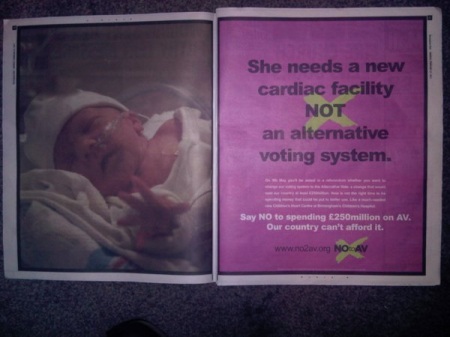I've been just as appalled as anyone by what has happened in London, and now seems to be spreading across the UK. What may have started up after the flaring of a peaceful protest against the police has now turned into something in no way related to the initial spark.
People are having their homes burnt to the ground, the shops which are their livelihood ripped apart, and their communities destroyed. It's sickening.
 |
| It withstood two World Wars, but House of Reeve's was reduced to a smoldering wreck within minutes. |
I'm not from the areas affected so really can't comment on what has caused these outbreaks of violence and criminality, but there are a few things to add to the current debate.
First of all, seeking answers as to why these riots took place is not the same as condoning the violence. If we're to stop riots happening in the future we need to understand why and how they happen, not just put our fingers in our ears and blame the 'bad people'. There has to be some reason why people have come out and destroyed their own communities. If your answer is that they're all thugs, then you have to ask why we have so many thugs in our country?
I was impressed by Dr. Clifford Stott earlier on BBC, an expert in crowd psychology, and one of the most qualified to speak about these riots. He also echoed the frustration in that when trying to analytically look at these riots he was accused of being an apologist. He is no such thing, he simply wants to understand rioting so that we can be better prepared to prevent future outbreaks.
It may seem an easy answer but you cannot attribute these kind of widespread riots simply to 'copycat' attacks, or to an outbreak of mob irrationality, or even as simply criminally predisposed individuals seizing the opportunity to break the law. As Stott says, no research into riots over the last 30 years has supported these views, they are far too simplistic.
People's lives were put in danger last night, people's livelihood's up in flames. Many were left without a home. The kind of damage people do everything in their power to stop outsiders doing to their cities was inflicted upon London by it's own residents. But to simply dehumanise the rioters as is the natural reaction is to miss the point, this will simply happen again if we don't learn lessons.
There are a whole multitude of theories as to what acted as the tinder which was caught by the spark of Mark Duggan's peaceful protest. I think trying to outline them now would be premature. But one of the lessons which does seem to be evident is that police need much closer integration with the communities they serve.
The violence was not a legitimate expression of anger against the police, but it remains high on the list of grievances of many in the communities that have been part of the rioting. If respect for the police breaks down, then the dangers are all too evident. No matter what powers or numbers the police are given, without the respect of the communities they serve they will be powerless to stop this kind of activity.
But before this looks like a criticism of the police, I should say that under great strain last night there were a lot of brave policemen and women on the ground who did everything they could to stem the violence, and they deserve credit for that. Hopefully, with nearly three times as many on the ground tonight, they should be able to regain control of the streets.
One final thing. There have been calls last night and today for either an increase in police powers (perhaps bringing in watercannons) or for the involvement of the army. Whilst I can understand why some people might call for this, I don't think either is a solution to the troubles.
Soldiers are not trained in police tactics, they are trained as soldiers. The best trained people to deal with a situation like this are the police, and their failure last night was not down to them being the police but down to the low numbers they had to deal with such widespread rioting. Bringing in the army against your own citizens should only ever be an absolute last resort, and I don't believe we are there yet. The army is no silver bullet, as Operation Demetrius proved in the 1970's.
The only situations I would like to see the army being used in would be as support for the police operation, such as in assisting fire engines to reach blazes or to provide communications support. Those are legitimate roles for which the army would be well prepared.
As for increasing police powers, I believe they already have the necessary powers to control this violence, providing they have the manpower to implement them. Clearly, an increase by 10,000 in police numbers on the ground is hugely significant and should hopefully be enough to quell the violence without any new emergency powers.
To end on a positive note, whilst last night may have seen the worst of London, today has surely seen the best. Thousands of people have turned out on the streets to clean up the area, and have cheered on the police as they've done so.
And if you're going to listen to only one person from last night's riots, listen to this brave woman, imploring people to stop destroying their own communities. We need more people like her.




























